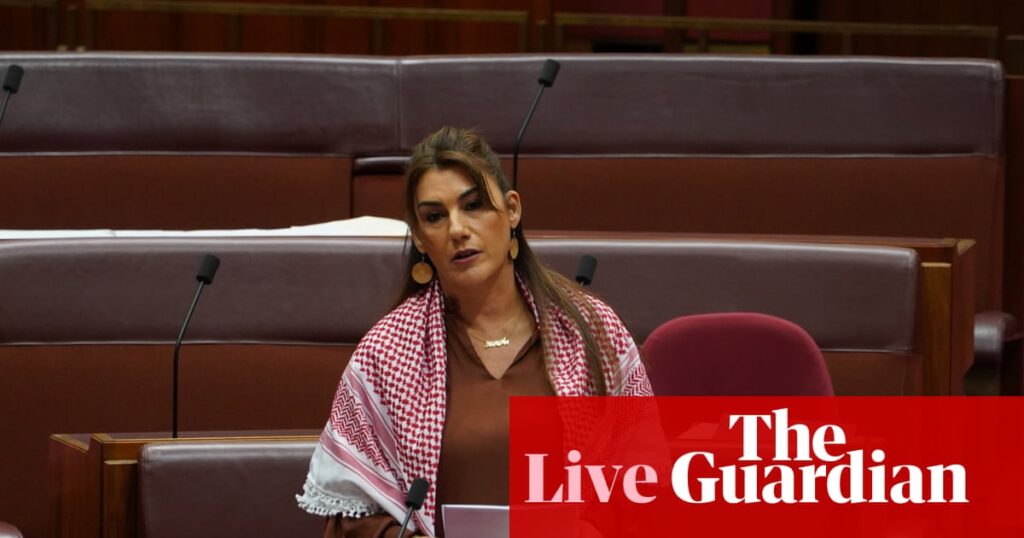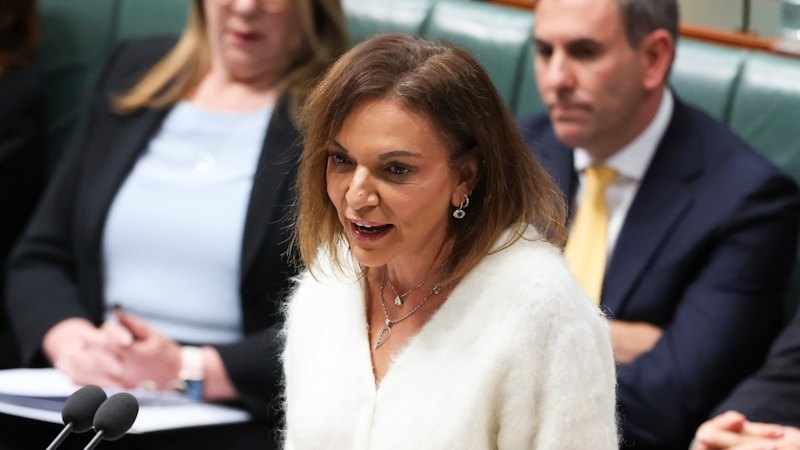
Independent senator Lidia Thorpe has introduced a motion in the Australian Senate addressing the “shameful” number of Indigenous deaths in custody, sparking a renewed call for action. The motion, which passed with support from Labor and the Greens, extends sympathies to the families of the 17 First Nations people who have died in custody this year, including 24-year-old Walpiri man Kumanjayi White. White’s death in May, following an incident at an Alice Springs supermarket, has become emblematic of the systemic issues at play.
Thorpe’s motion also acknowledges the 602 Indigenous deaths in custody since the 1991 Royal Commission into Aboriginal Deaths in Custody, urging parliamentarians to collaborate on addressing over-incarceration and related fatalities. “These are not just statistics,” Thorpe emphasized, “They are sons, daughters, mothers, fathers, cousins, siblings, grandchildren – lost to a system that continues to harm our people.”
Historical Context and Current Challenges
The motion coincides with the release of the latest Closing the Gap report, which reveals that only four of 19 targets are on track to be met by 2031. The report highlights a troubling increase in the national rate of Indigenous youths in detention compared to the previous year. This data underscores the persistent challenges in reducing incarceration rates among First Nations communities.
Labor member Marion Scrymgour, representing the Northern Territory, expressed deep concern, noting that two of the deceased this year were from her constituency. “These deaths have been catastrophic for my communities,” she stated, calling for external investigations into these incidents due to systemic racism and strained relations between the Northern Territory police and Aboriginal communities.
Economic and Political Developments
Meanwhile, the Reserve Bank of Australia (RBA) has reacted positively to recent consumer price figures, which suggest a potential interest rate cut next month. Deputy Governor Andrew Hauser described the figures as “very welcome,” indicating that inflation has dropped to 2.1% in the year to June. However, he cautioned that the RBA’s approach would remain gradual and measured.
In another legislative development, the Victorian government is set to enforce a statewide machete ban effective from September 1. Premier Jacinta Allan announced an amnesty period until November 30, during which individuals can safely dispose of machetes at designated police stations. “Machetes destroy lives, and there is no place for them on Victorian streets,” Allan declared, highlighting the government’s proactive stance.
Broader Implications and Future Directions
The discussions around Indigenous deaths in custody and legislative measures like the machete ban reflect broader societal and political dynamics in Australia. The call for recognizing a Palestinian state by the Greens, alongside international discourse, further illustrates the complex interplay of domestic and international policy considerations.
As Australia navigates these challenges, the focus remains on fostering collaboration across political lines to address systemic issues. The recent developments underscore the need for sustained efforts to bridge gaps in justice and economic equity, ensuring that legislative actions translate into meaningful change for affected communities.
Looking ahead, the outcomes of these legislative and economic measures will be closely monitored. The government’s ability to address these pressing issues will significantly impact Australia’s social fabric and international standing.





